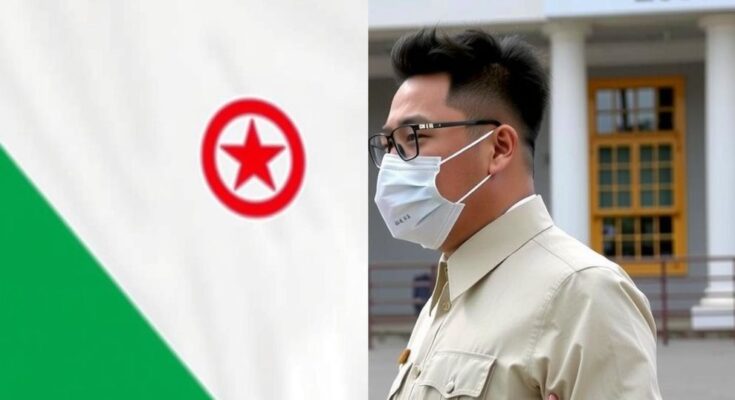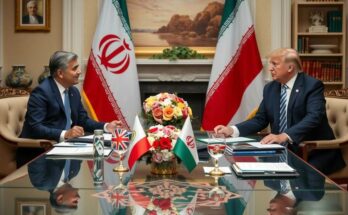Nigeria is set to reopen its embassy in North Korea after years of closure due to the Covid-19 pandemic. Patrick Imodu Imologhome, Nigeria’s charge d’affaires, announced this during a meeting with the Russian Ambassador. This move signifies Nigeria’s status as the first African nation to resume diplomatic activities in North Korea since the pandemic restrictions began.
Nigeria plans to reopen its embassy in North Korea after a prolonged closure due to the Covid-19 pandemic, marking a significant diplomatic step. This announcement was made by Patrick Imodu Imologhome, Nigeria’s charge d’affaires, during a meeting with Russian Ambassador to North Korea, Alexandr Matsegora, in Pyongyang. The Russian Embassy in Pyongyang conveyed this development on its official Facebook page, noting that Imologhome had “recently arrived” in North Korea and is committed to resuming Nigeria’s diplomatic activities there. With Nigeria and Egypt being the only African nations with a diplomatic presence in North Korea, the reopening signifies Nigeria’s ongoing engagement with the state in the face of international sanctions and restrictions.
The establishment of diplomatic relations between North Korea and Nigeria dates back to 1976, signaling a long-standing connection between the two nations. Over the years, North Korea has been implicated in potential arms trading activities with Nigeria, as highlighted by reports from a U.N. panel of experts concerning violations of international sanctions. Following the cessation of border closures ordered by North Korea since the pandemic began, several countries, including China, Russia, and Sweden, have resumed or opened diplomatic missions in Pyongyang, indicating a broader trend of renewed diplomatic exchanges.
In summary, Nigeria’s decision to reopen its embassy in North Korea underscores its commitment to re-engaging in diplomatic dialogue following the pandemic-related closures. As one of the few African nations maintaining an embassy in North Korea, Nigeria’s actions may influence future relationships within the region. This development highlights the dynamic nature of international diplomacy as nations begin to reestablish presence in the North after significant disruptions caused by Covid-19.
Original Source: koreajoongangdaily.joins.com




